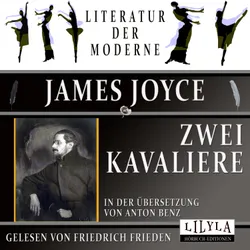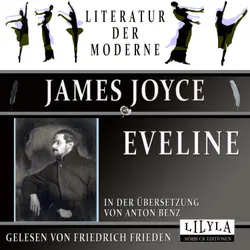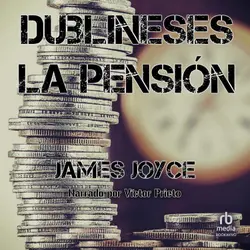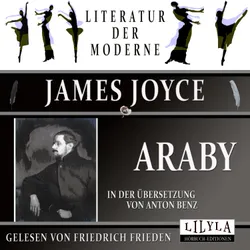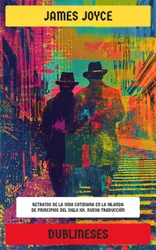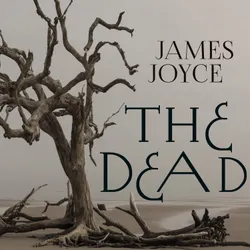Dubliners is a collection of 15 short stories by James Joyce. They form a naturalistic depiction of Irish middle class life in and around Dublin in the early years of the 20th century. The stories were written when Irish nationalism was at its peak, and a search for a national identity and purpose was raging; at a crossroads of history and culture, Ireland was jolted by various converging ideas and influences. They centre on Joyce's idea of an epiphany: a moment where a character experiences self-understanding or illumination. Many of the characters in Dubliners later appear in minor roles in Joyce's novel Ulysses. The initial stories in the collection are narrated by child protagonists, and as the stories continue, they deal with the lives and concerns of progressively older people. This is in line with Joyce's tripartite division of the collection into childhood, adolescence and maturity.
In Dubliners Joyce rarely uses hyperbole, relying on simplicity and close detail to create a realistic setting. This ties the reader's understanding of people to their environments. He does not tell readers what to think, rather they are left to come to their own conclusions. This is even more evident when contrasted with the moral judgements displayed by earlier writers such as Charles Dickens. This frequently leads to a lack of traditional dramatic resolution within the stories. The collection as a whole displays an overall plan, beginning with stories of youth and progressing in age to culminate in The Dead. Great emphasis is laid upon the specific geographic details of Dublin, details to which a reader with a knowledge of the area would be able to directly relate. The multiple perspectives presented throughout the collection serve to contrast the characters in Dublin at this time.




